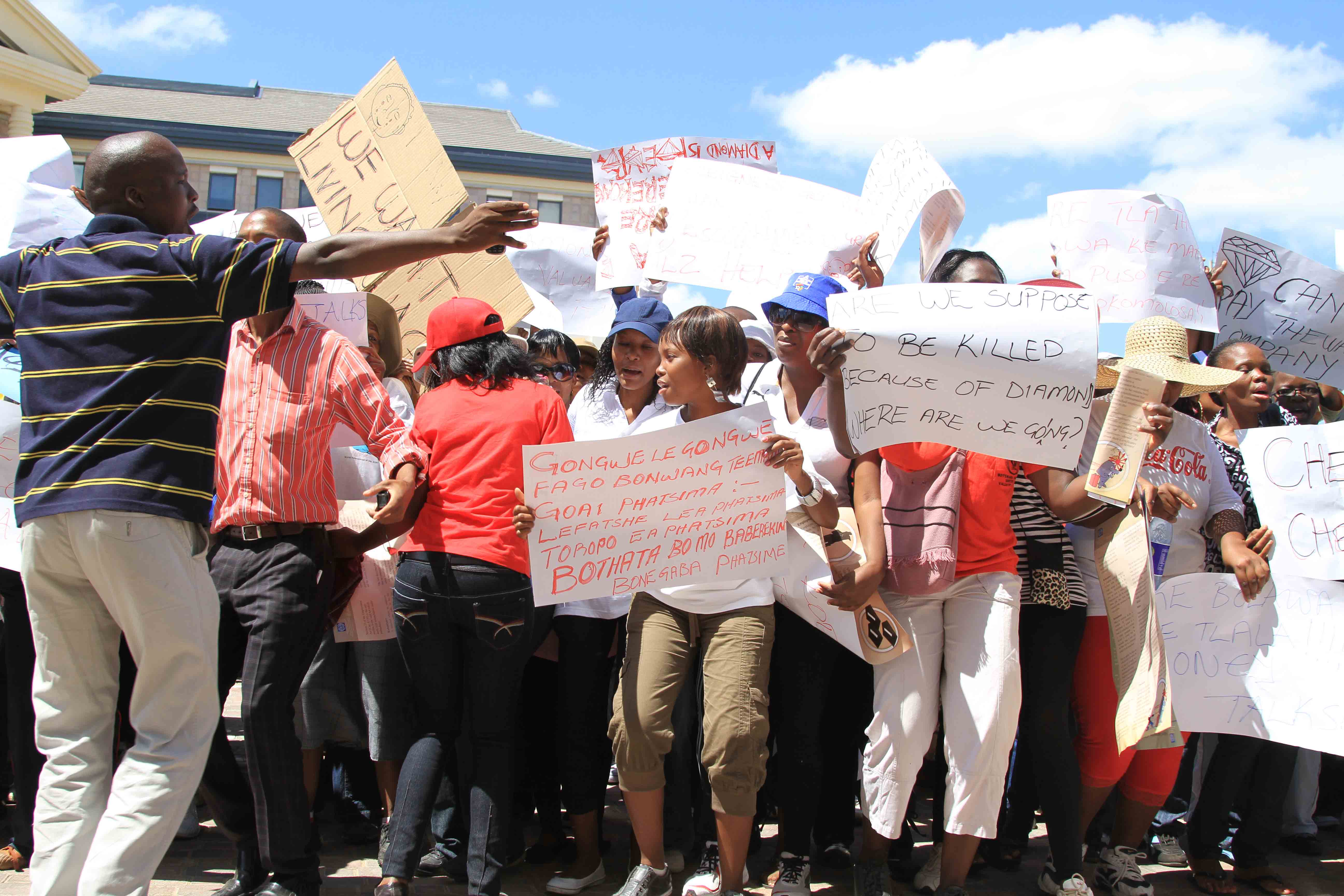THATO OBUSITSWE
International Monetary Fund (IMF) Deputy Managing Director, Tao Zhang said Botswana needs to fulfill the aspirations of its young population by creating jobs, diversifying the economy, and reducing inequality.
Zhang was speaking at a dinner with Bank of Botswana (BoB) Governor Moses Pelaelo late last week. He stressed that Botswana should extract value in export diversification. “When diversifying, consideration should be given to sectors with large export and employment potential, such as beef and tourism,” he said.
Furthermore, he emphasised unlocking the potential of these two sectors requires removing distortions and promoting market friendly solutions. “This means removing monopolies to enable competition, improving air transportation and tourism infrastructure, and facilitating visa processes,” he said. The IMF second in command also added that a welcoming business environment with high quality public services and lower bureaucratic investment requirements were necessary for the private sector to play a central role in the economy. Technology, such as an e-government can be usefully tapped in this respect, according to Zhang.
He added that a thriving private sector also needs the support of a sound and well-developed financial system and efforts to facilitate the growth of bond markets and increased access to finance will be especially important.
Zhang encouraged Botswana to invest in well-executed education reforms, with a focus on vocational training, and opening the process of work permits and visas for foreign workers as essential. “Experience has shown that exposure to qualified and well-trained domestic and foreign workers can help build skills at home. And this is critical to upgrade the skill set of local workers,” he stated.
As the private sector develops, the public sector should step back and refocus its objectives, according to the IMF boss. He said this means providing high quality and cost effective public services, including infrastructure. It also means divesting from state owned enterprises and consolidation of parastatals where appropriate. At the same time, Zhang said fiscal policy could play a greater role in reducing income inequality. So far, the country did very well in reducing poverty, but improving equity may require revisiting the system of social subsidies and their targeting
Further, Zhang said in the near term, fiscal sustainability is essential, but it must be growth friendly and mindful of the poor. This means containing public spending by adjusting its composition away from non-priority spending while protecting investment and social protection expenditures. He said it also means greater revenue mobilization, such as lower exemptions and higher collection from property taxes.
However, the IMF sees healthy prospects for Botswana economy. The good news is that along with the high growth rates in the United States and China, there is a rise in diamond prices and sales. Given these developments, the IMF is cautiously optimistic about Botswana’s prospects. The IMF expects a rebound in growth this year of close to 4.5 percent – rising further to 5 percent over the medium term. Yet here too, there are risks, and efforts are needed to get the house in order and prepare the economy for the future.
However, Zhang cautioned that regional challenges will have an impact on the country’s prospects. He said the recovery in South Africa, as seen in the latest forecast of the Reserve Bank, is not expected to be strong enough. At 1.2 percent this year and around 2 percent in the coming years, the revenues that Southern African Customs Union (SACU) countries accrue – Botswana included –are likely to be affected. Botswana Unified Revenue Service (BURS) published in its 2017 annual report that SACU Common Revenue Pool (CRP) declined by R9.61 billion from R88.898 billion in 2015/16 to R79.286 billion in 2016/17 which represented a decrease of 12.1 percent. As a result, Botswana’s revenue share for the period also dropped significantly by 28.9 percent from R20.039 billion in 2015/16 to R15.547 billion in 2016/17. In Pula terms, Botswana’s share from the SACU CRP declined from P16.261 billion during the 2015/16 fiscal period to P12.615 billion during the 2016/17 financial year. It is an equivalent of almost P5 billion decline, the money which would have gone into government revenue.
According to SACU Executive Secretary Paulina Mbala Elago, for the small economies within the union, the receipts form a significant percentage of the government revenue. Lesotho, Eswatini and Botswana are heavily reliant on SACU revenues. As for Botswana, SACU revenues are the second largest contributor to state revenues after diamonds and any decline in Botswana’s share from SACU could affect the fiscal budget.

